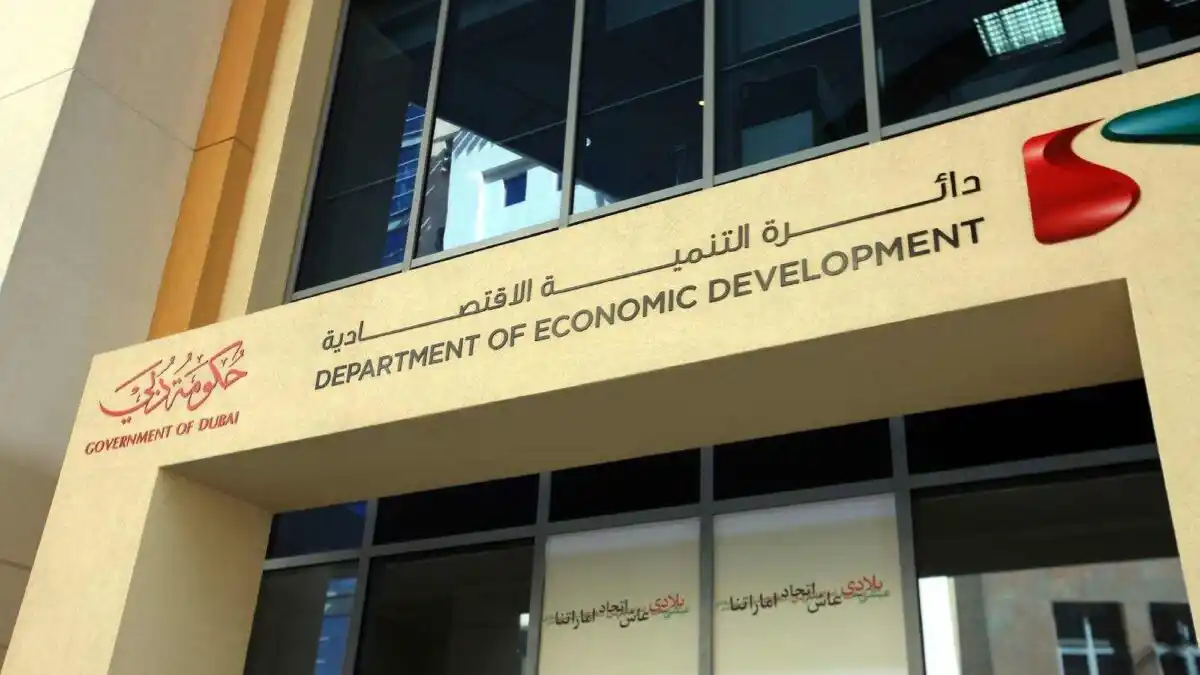People don’t know it, but the Department of Economic Development (DED) is a pivotal government authority in Dubai, established in 1992. Its primary task includes spearheading the emirate’s economic agenda. It is a type of authority that helps the UAE achieve a diversified, innovative, service-based economy. This authority is important for anyone looking to set up a new business in Dubai; you must understand the role and its significance from the UAE perspective.
Also Read: How to setup a Tourism Agency in UAE? A Quick Guide
Brief History of the DED in Dubai
The Department of Economic Development (DED) was established in March 1992 as a core government agency. According to the official website, its mandate was further expanded in October 2008 when Sheikh Mohammed bin Rashid Al Maktoum, Ruler of Dubai, issued Decree No. 25, making the DED responsible for planning and regulating Dubai’s overall economic performance.
Over time, the DED extended its reach by incorporating specialised agencies under its umbrella, such as the Dubai Export Development Corporation and the Mohammed Bin Rashid Establishment for Young Business Leaders. The DED is now part of the broader Dubai Department of Economy and Tourism (DET), which directs both economic and tourism strategies for the emirate.
Also Read: How to Setup a Restaurant Business in Dubai? A Quick Guide
Current Leadership of the Department
As of 2025, the Department of Economy and Tourism (DET), the entity that oversees economic planning and development in Dubai, is headed by His Excellency Helal Saeed Almarri, who serves as Director General.
Within DET, the Dubai Economic Development Corporation (DEDC), which is the main economic development arm, is led by His Excellency Hadi Mohammed Taher Badri as its CEO.
What is the DED?
In short, the DED is responsible for regulating economic policies and maintaining a pro-business environment in Dubai. It’s basically a regulatory authority for all businesses operating in the Mainland.
- Issuing trade licenses and permits
- Regulating business activities
- Enforcing legal compliance
- Planning economic strategies
- Supporting entrepreneurship and foreign direct investment (FDI)
Also Read: What are Recruitment Agencies? How do they work in the UAE?
Role of the DED: Why Is It So Important?
From a new business owner’s perspective, who is setting up a business in the mainland, the DED is going to be your partner throughout the company lifecycle. In summary, here’s is what it does.
Business Licensing and Registration:
The DED is the only authority for business setup and trade licensing in Dubai’s mainland. You cannot legally operate without its approval. It covers licenses such as commercial, professional, and industrial.
Initial Approval & Name Reservation:
Before registration, you must get initial approval from DED to confirm your business activity and whether it is under regulatory control. Keep in mind that the DED also reviews and reserves your trade name.
Document Verification:
Once it is approved, the DED checks documents like the Memorandum of Association (MOA), lease contracts, and identification papers before issuing a license.
Regulatory Oversight:
It’s the job of DED to ensure your business complies with UAE law. The organisation does regular inspections and audits to help maintain standards and fair competition.
Support & Advisory:
In some cases, the DED can also guide businesses on market opportunities and offer advisory services; however, this might be reserved for small businesses, SMEs and foreign investors. So, if you are looking to set up a business in Dubai and need assistance, you can reach out to the experts at Universus Consulting.
Importance for New Business Owners
If you’re a new business owner, DED’s approval is not only mandatory, but it can also streamline your entry into Dubai’s economy.
Legal Protection:
A DED license legitimises your business, allowing you to open bank accounts, hire employees, rent office space, and trade locally and internationally.
Access to Incentives:
A DED-licensed business is eligible for government support schemes, such as funding, mentorship, trade events, and FDI incentives.
Ease of Operations:
The DED has continually simplified its digital and physical processes, aiming for fast-track registration and renewal, which has helped entrepreneurs benefit from transparent procedures.
Business Confidence:
Being regulated also brings confidence to customers, suppliers, and partners, and it safeguards all stakeholders’ interests.
Also Read: What is the Small Business License Costs in Dubai? How to Get?
Things to Remember
- You need to choose the right activity. Some activities require extra approvals from other bodies. Get this sorted early to avoid delays.
- Keep in mind that a local sponsorship might be needed for some business types (e.g., mainland LLCs), you might need a UAE national as a local sponsor. However, several reforms now allow for 100% foreign ownership in many sectors.
- Mark our word, without a DED license, opening a company bank account is generally impossible.
- Mainland Company formation specialists who are familiar with DED regulations can save you time and effort.
Also Read: Don’t Disappear in the Desert: Your Guide to Absconding in the UAE
